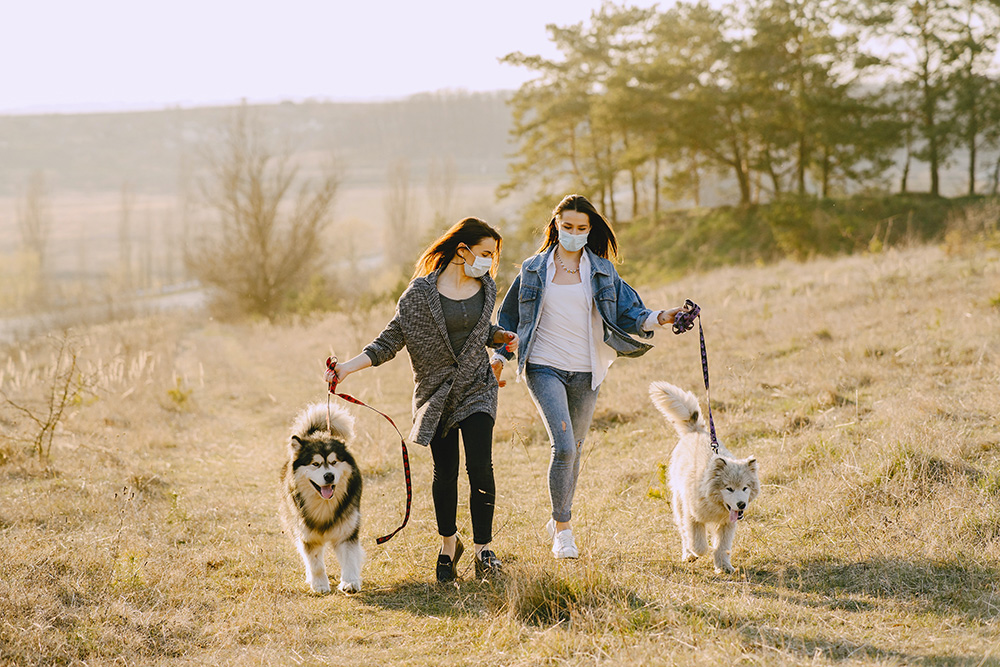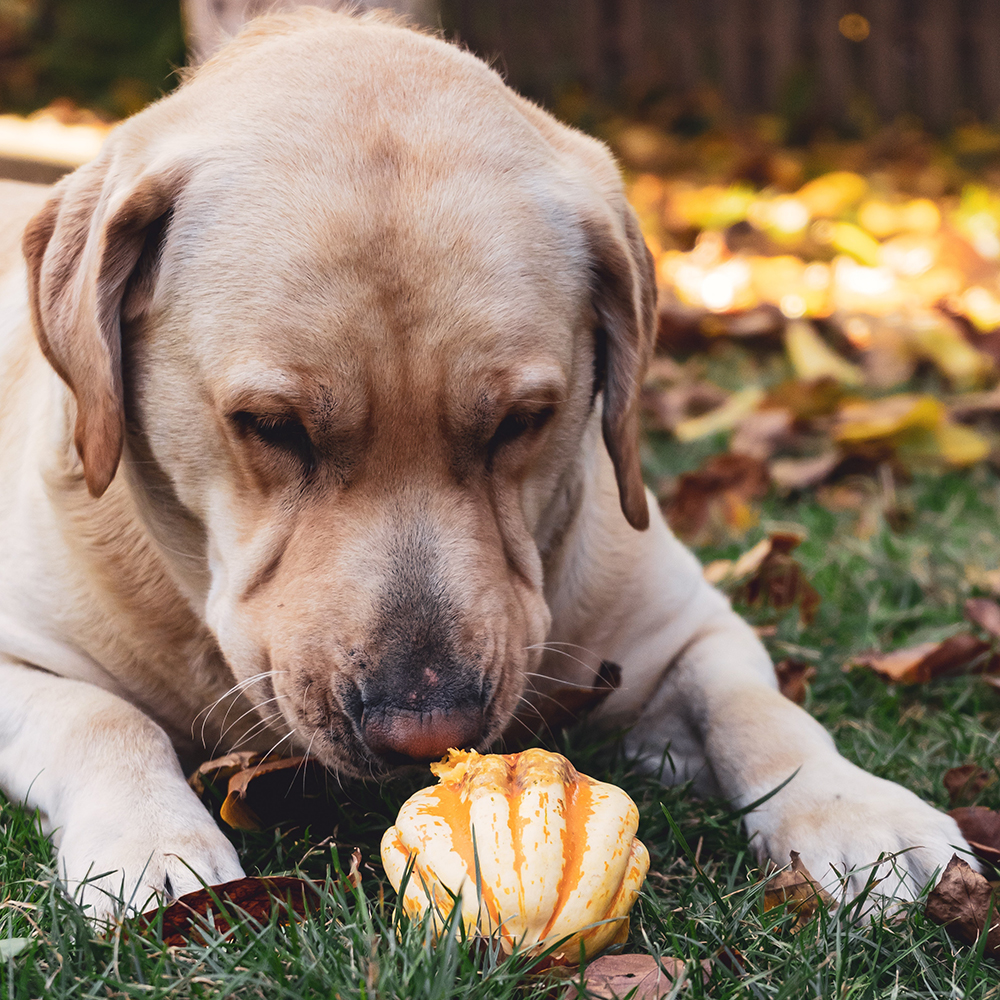The Importance of Socializing your Dog

Dogs are social creatures, and socializing with other dogs and humans is a critical aspect of their lives. Socialization plays an essential role in ensuring that your dog is well-behaved, confident, and happy. It can help prevent behavioral problems, including aggression and fear, and ensure that your dog is comfortable in different environments.
In this article, we will discuss the value of dog socialization, including how to socialize your puppy, where is the best place to socialize, are dog parks good socialization places, what to do if your dog doesn't like to socialize, and the benefits of socialization.
How to Socialize Your Puppy:
Socializing your puppy is crucial to ensuring that it grows up to be a well-adjusted and confident adult dog. The ideal time to start socializing your puppy is when it is between three and twelve weeks old. During this time, puppies are more receptive to new experiences, and they are less likely to develop fear or anxiety towards unfamiliar situations.
The best way to socialize your puppy is to expose it to as many new experiences as possible. This includes introducing your puppy to different people, animals, and environments. You should take your puppy for walks in different areas, such as parks and busy streets, to help it get used to different sounds, smells, and sights.
You should also invite friends and family over to meet your puppy, as well as other dogs. However, you should make sure that any dogs your puppy meets are vaccinated and healthy to prevent the spread of disease.
Where is the Best Place to Socialize?
There are many places where you can socialize your dog. The best places are those that offer a safe and controlled environment where your dog can interact with other dogs and people. Some of the best places to socialize your dog include:
- Dog Daycare Centers: Dog daycare centers provide a safe and supervised environment for your dog to play and interact with other dogs. This can be an excellent way to socialize your dog, as it can learn how to play and communicate with other dogs in a controlled environment.
- Puppy Playgroups: Puppy playgroups are groups of puppies that meet regularly to play and socialize with each other. These groups are typically led by a professional dog trainer or behaviorist, who can provide guidance and advice on how to socialize your puppy.
- Dog Training Classes: Dog training classes provide an excellent opportunity to socialize your dog while also teaching it basic obedience commands. These classes are typically held in a controlled environment, and your dog will be able to interact with other dogs in a safe and supervised setting.
Are Dog Parks Good Socialization Places?
Dog parks can be a great place for your dog to socialize with other dogs, but they can also be risky if not managed correctly. Dog parks are typically not supervised, which means that you need to be vigilant and ensure that your dog is safe at all times.
Before taking your dog to a dog park, you should make sure that it is up-to-date with its vaccinations, and it is healthy. You should also supervise your dog at all times and intervene if it starts to display aggressive or fearful behavior. It is also important to note that not all dogs enjoy dog parks, and some may become overwhelmed or anxious in this environment. If your dog does not enjoy dog parks, you should try socializing it in other ways, such as through playgroups or training classes.
What Do I Do If My Dog Doesn't Like to Socialize?
Not all dogs are naturally outgoing and sociable. Some may prefer to stay within their comfort zone and avoid socializing with other dogs or people. Here are a few things you can do if your dog doesn't like to socialize:
- Respect your dog's boundaries: It's important to understand that not all dogs enjoy being social, and forcing them to socialize can be stressful and uncomfortable for them. Respect your dog's boundaries and don't force them to interact with other dogs or people if they don't want to.
- Gradual exposure: Start by exposing your dog to new situations gradually. For example, take them for a short walk in a quiet area where they're unlikely to encounter other dogs or people. Over time, gradually increase the duration and intensity of these outings.
- Positive reinforcement: Reward your dog with treats, praise, and toys when they interact positively with other dogs or people. This will help them associate positive experiences with socialization.
- Consult with a professional: If your dog's reluctance to socialize is severe or impacting their quality of life, consider consulting with a professional dog trainer or behaviorist. They can help you develop a plan to help your dog overcome their fears and anxieties and become more comfortable in social situations.
In Closing; Socializing your dog is important for several reasons:
- It helps your dog become comfortable and confident around people and other animals. This can reduce the likelihood of your dog developing behavior problems such as aggression, fear, and anxiety.
- It can improve your dog's communication skills. Dogs learn to read and respond appropriately to the body language and vocalizations of other dogs and people during socialization.
- It can make your dog more adaptable to new situations and environments. Dogs that have been properly socialized are less likely to be overwhelmed or frightened by new experiences.
- It can strengthen the bond between you and your dog. Spending time socializing your dog can be a fun and rewarding experience for both of you, and it can help your dog see you as a source of safety and comfort.
Overall, socializing your dog is an important part of responsible dog ownership and can contribute to your dog's physical and emotional well-being.
Leave a Reply
You must be logged in to post a comment.


